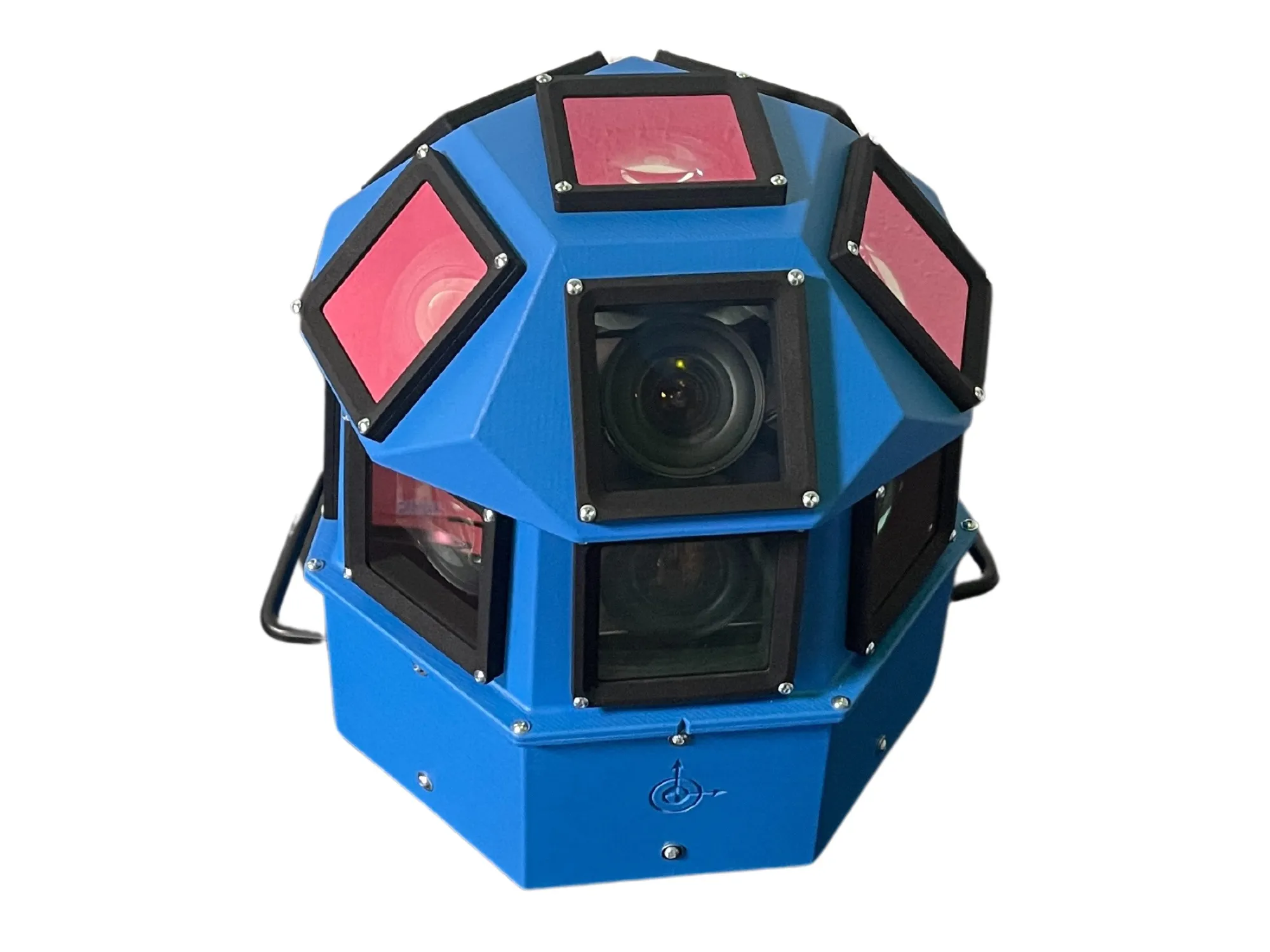The Navya app enables users to order an AC and open and close the vehicle’s doors to start it up. The cab is also capable of pre-empting traffic jams which aim to get users to their destination on time despite unpredictable traffic.
AC has 10 Lidar sensors, six cameras, four radars, 2GNSS antennae and one inertial measurement unit. These sensors are intended to provide at least a triple redundancy across all functions, to ensure reliability. The onboard computer is capable of merging data received by the sensor architecture and its intelligence is based on high-performance steering and detection systems that combine a variety of technologies so that it can move around efficiently and safely.
For navigation, Navya’s mapping tool generates comprehensive cartography. Additionally, AC’s silhouette from the outside has a coloured light band that communicates with its passengers as well as pedestrians. Inside, the glass compartment provides users with a panoramic view of the city.
Navya’s current partnerships with Keolis in Europe and with the Royal Automobile Club of Western Australia will enable the fleets to roll out and operate on the open road in city centres. Other partnerships will be announced during the Consumer Electronics Show 2018 in Las Vegas. Trials in different cities around the world with the partners are set for the second quarter of next year followed by the first delivery of vehicles to customers in the third quarter.
Christophe Sapet, chief executive officer at Navya, said: "Imagine what cities would be like if there were nothing but autonoms running on the road. No more traffic jams or parking problems, fewer accidents and less pollution. At Navya, we recognise that the status of individual cars is rapidly changing, especially among younger generations, many of whom don't have their driver's license and are less attached to the concept of owning a car. What they want are mobility solutions available 24/7, ensuring their safety and well-being at a reduced cost. Autonom Cab is leading edge and will revolutionise both habits and technology, enabling a great many people to gain access to a brand-new mobility solution."








